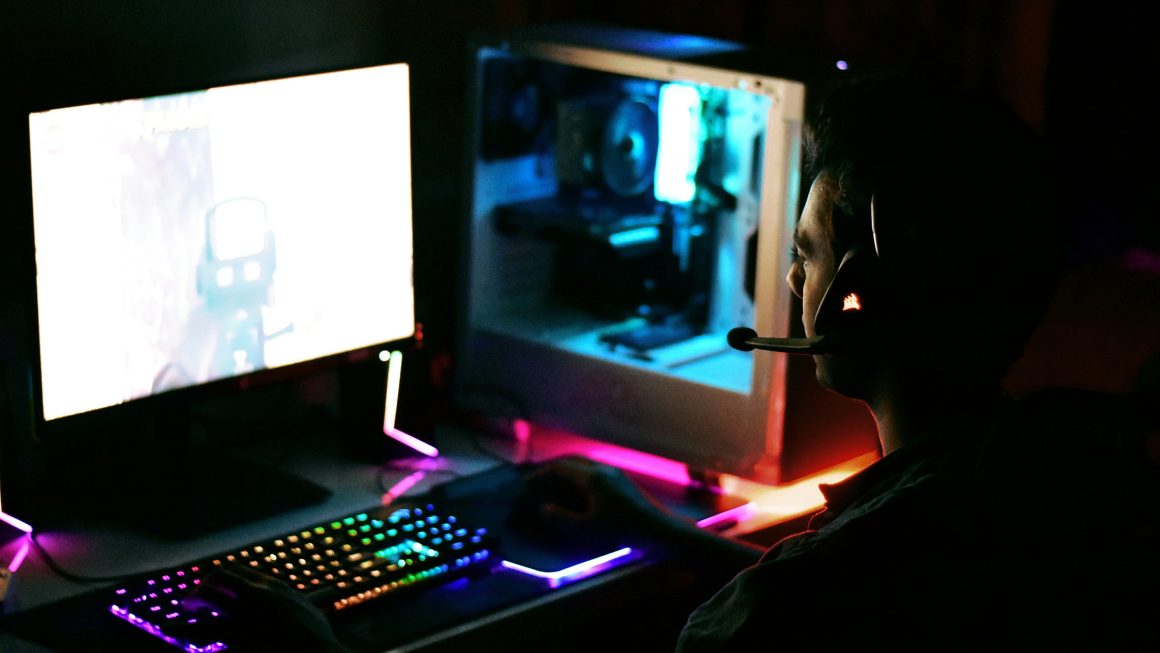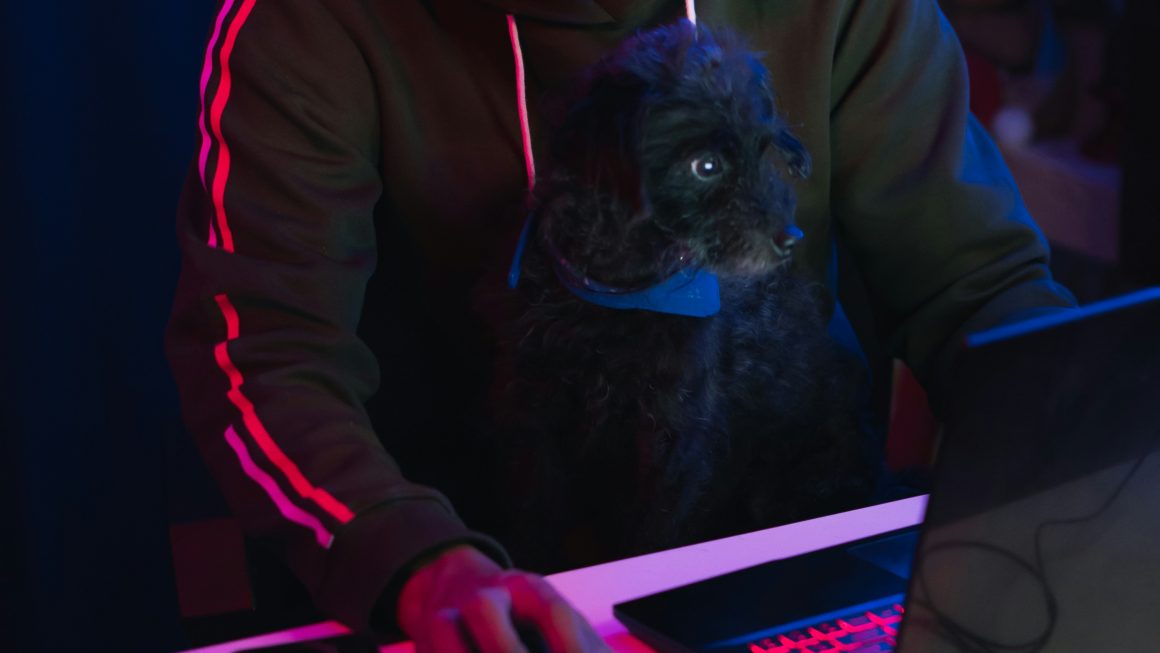Whenever you hear the word ‘esports,’ you’re going to hear ‘rapid growth,’ too. Everything about this industry has scaled up in recent years, and prize pools and rewards for top players have already surpassed figures for some traditional sports, like golf.
While COVID-19 has practically shut down all traditional sporting events and delayed the 2020 Tokyo Olympics, professional gamers and esports have fared far better. By 2023, the esports market is expected to surge up to $1.5 billion. With ever-increasing viewership and sponsors flocking to them, esports teams need every advantage to stay in the spotlight. “Click here to watch the best esport matches and tournaments.”
Industries Revolution in AI
As with many other industries, the logical next step is the incorporation of AI Revolution. Elon Musk’s OpenAI already demonstrated it could defeat the best Dota 2 players, but those same capabilities can be used to enhance player performance. E-athletes already at the top of their game have a hard time improving further once they reach a plateau; AI-powered training could be of great use to them.
SenpAI.GG, a system created by FalconAI Technologies, aims to help with precisely that. It uses deep learning, computer vision, recommender systems, and reinforcement learning to coach players. At the moment, only League of Legends and Valorant players can make use of its detailed breakdown on how to improve offensive and defensive tactics and implement different champion builds to increase the winning chances.
The AI learns from the enormous amount of data at its disposal, pinpointing every detail in a player’s performance that offers room for improvement. Human coaches can currently employ this type of AI as assistants. However, infinite learning capacities mean AI will probably eventually take the lead training position, whereas humans will shift entirely to managerial roles.
This technology can also benefit the expansion of the esports market, as better training opportunities mean an increase in the number of gamers capable of playing at a professional level. Most players hone their skills by playing against their friends, but having access to free AI coaching software could encourage them towards professional gaming.
Role of AI in games
Games already use AI to protect themselves against cheating, but the current systems are somewhat notorious for missing out on certain types of prohibited software or practices. A famous example of AI Revolution being used for screening out cheaters from CS:GO was HestiaNet. Developed by the Steam user 2Eggs due to his frustration with cheaters, this AI reviews cases reported by CS:GO’s Overwatch service. Using reinforced learning, HestiaNet has found more than 15,000 instances of cheating to date, resulting in bans for most of the culprits.
Where sports go, betting follows, and esports betting is fertile ground for AI Revolution. Calculating odds based on years of player data from previous tournaments, exhibition games, and other relevant information could be made much faster and accurate.
Conclusion
Tech giants like IBM have already shown their interest in these possibilities. They are ready to use Watson – IBM’s AI Revolution platform – for that purpose, as well as community engagement, analytics, gaming competitions, and development.
AI is headed for a bright future in esports. We can look forward to improvements in player skill, better broadcasting events, filtering out the community’s cheating elements, and superior content – and all the heavy lifting will be taken care of by AI.




